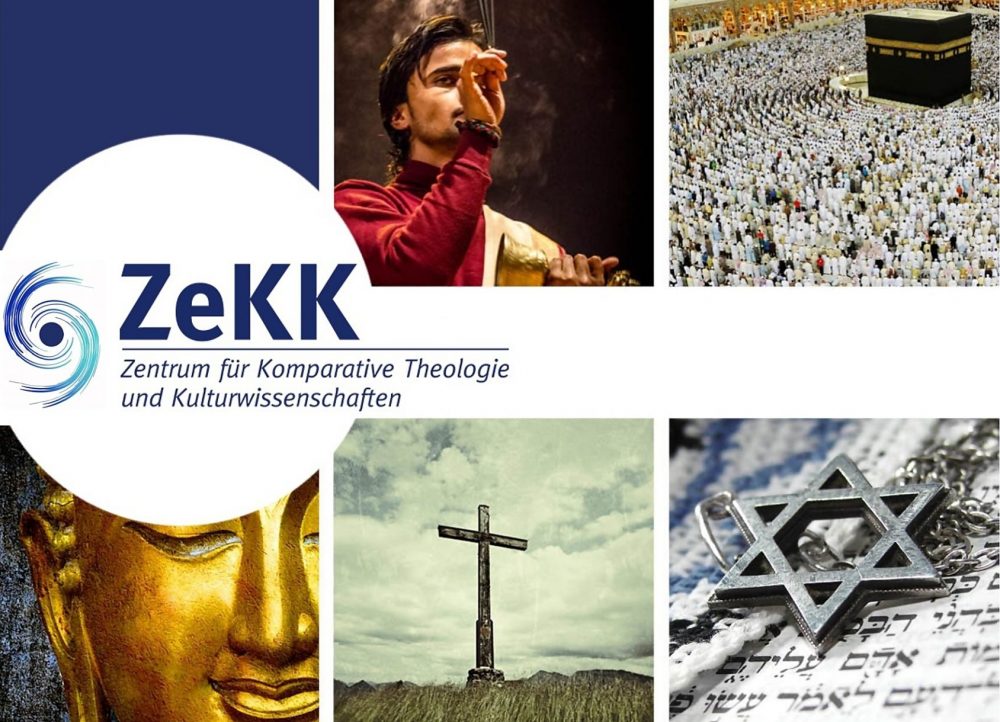In the TV show FRIENDS. Ross, an academic, is shocked to learn that the section of the library where couples go to enjoy a private romantic moment (side query: does the local library at Paderborn also have such a spot?) is where his book is stacked. Ross decides to patrol this section to guard his book from the over-amorous. Then, something even more shocking happens. Ross finds out that someone has turned up not for a romantic assignation but to actually read his book. Unable to contain his joy, Ross cries out:
“You’re the person who checked out my book?”
Academic publications are an example of what is most broken in our academic system. Universities need to obtain funding in order to survive. Governments and funding bodies cannot be seen to give out large sums of money without some sort of deliverable and quantifiable results. The compromise is to make academic publications one of the metrics by which universities justify obtaining money from funding bodies and funding bodies justify awarding money to universities. To ensure some measure of quality, various standards are set. One might have to publish in a reputable academic peer reviewed journal, or show the public impact of one’s publication. But these standards are insufficient by themselves to determine the quality of a published work. A dysfunctional state of affairs thus arises. Arbitrary conventions of academic style, such as whether or not a comma is to be placed after the title of the work, will delay or prevent the publication of otherwise fascinating and original research. On the other hand, some academics get away with re-working the same set of ideas several times, thereby scoring very highly on the “productivity” chart, only because they have mastered the art of getting through peer reviews. But in the same ways that scoring the highest marks in an exam does not necessarily coincide with having the best understanding of one’s subject, a high rate of publishing does not necessarily coincide with having the most original, interesting or beautifully expressed ideas in a field of study. In fact, publishing in the most prestigious journals often means writing in a style that is inaccessible to most people. The scandal of inaccessibility is compounded as most prestigious journals are owned by corporations who prohibit the public from freely accessing scholarly publications that have been publicly funded. Universities and institutions are the only ones usually able and willing to pay for access to these platforms. This requires yet more money. Obtaining this money requires appealing to more funders who insist on only awarding money to institutions that can generate a high number of publications. And so the joke continues. Until, like Ross from FRIENDS, an academic is astonished to learn that someone has actually checked out their book. Although as any student knows, checking out a book is not the same as reading it..

- Bild von Pixabay.
#education #research #university #academics
Dr. Abdul Rahman Mustafa ist Postdoktorand am Zentrum für Komparative Theologie und Kulturwissenschaften der Universität Paderborn.
